The United Nations' COP28 climate conference in Dubai from Nov 30 to Dec 12 should not ignore the environmental disaster unfolding in the current Palestine-Israel conflict, experts say, while environmental action and compensation should be incorporated into any rebuilding process in the Gaza Strip.
Salman Zafar, the founder of EcoMENA, an environmental think tank in Doha, Qatar, said the "round-the-clock bombardment "of impoverished Gaza has "led to an environmental disaster in more ways than one".
The conflict has caused irreparable damage to biodiversity, soil fertility, air quality and public health, Zafar said.
On Nov 8, the UN reported that attacks by Israel on targets within Gaza have destroyed or damaged at least 45 percent of all housing units.
The flare-up since Oct 7 has further exposed issues that range from a humanitarian crisis to the weaponization of life-saving resources such as water, food and electricity.
Water has been both a source of conflict and a shared struggle for Israel and Palestine as part of the world's most water-stressed region, the Middle East and North Africa. About 83 percent of the region's population is exposed to extremely high water stress, the World Economic Forum said in August.
On Oct 31, the UN Food and Agriculture Organization and the World Food Programme published their latest outlook covering November to April next year, saying acute food insecurity is likely to deteriorate further in 18 hunger hot spots.
Palestine was added to the list of countries or territories of highest concern because of the severe escalation of the current conflict, joining Burkina Faso, Mali, South Sudan and Sudan.
Zafar said: "Gaza and other Palestinian areas have almost total dependence on international donors for socioeconomic development, and if the Israeli offensive ends in the near future, the focus will be more on reconstruction and rehabilitation, instead of building climate adaptation or resilience."
Israel will also be at greater climate risk in the foreseeable future, said a report titled The Climate Action Monitor 2023 by the Organization for Economic Cooperation and Development.
Israel is expected to have 80 days each year between 2080 and 2099 where temperatures will be above 35 C, up by 45 days from the yearly average recorded in the 20 years starting 1995.
It is the highest expected increase among the 51 OECD countries and partner countries examined in the report, which also forecasts a significant increase in Israeli areas exposed to drought conditions.
Muslim Imran, director at the Asia Middle East Center for Research and Dialogue, a think tank in Malaysia, said Israel's "apartheid policies included a lot of environmental injustice".
Some policies "are reactionary and unfriendly to the environment", he said, citing Palestine's quest for clean water and Israel's continuous bombardment of land and damage to trees.
Razan Zuayter, global co-chair of the People's Coalition on Food Sovereignty, said in an online forum on Nov 14 that the root cause of climate change lies in "the hands of imperialist powers".
Zuayter accused powerful countries of "painting this climate change by mitigation and adaptation".
"They never speak about compensation. Compensating the South for the horrific impact of their so-called development on the resources of the world, especially on the abuse of the power."









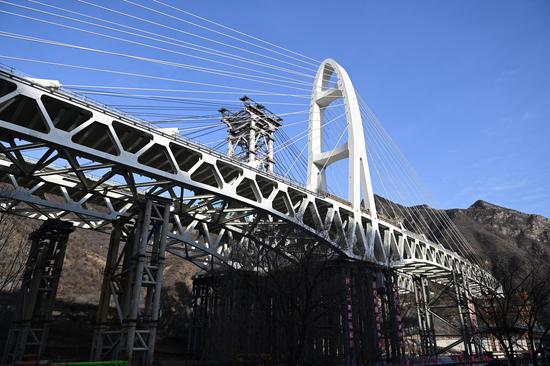




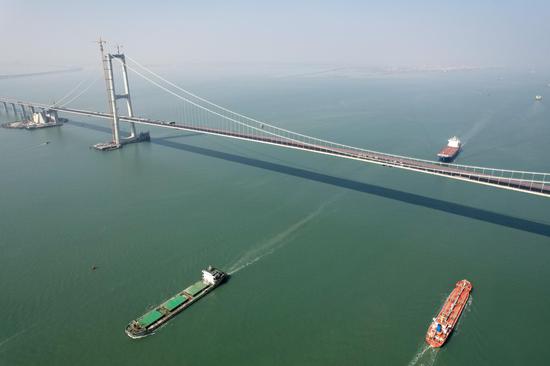
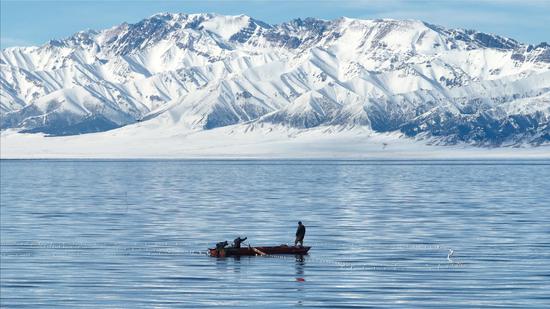

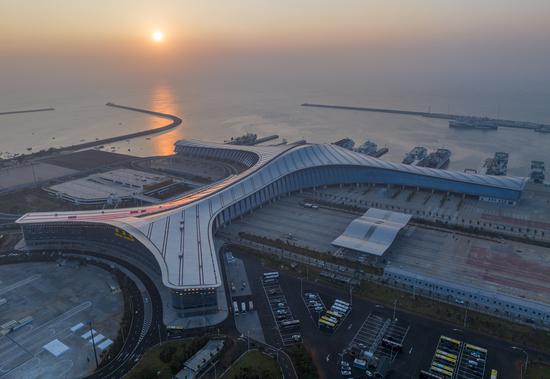



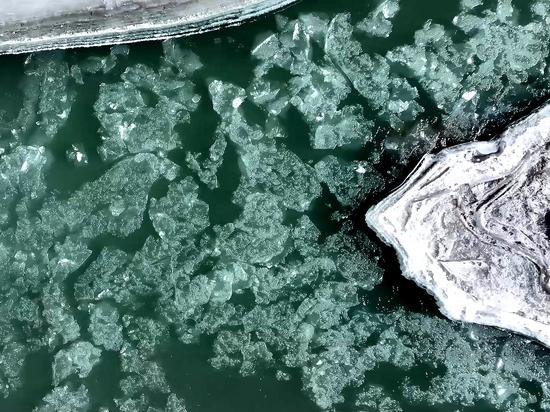

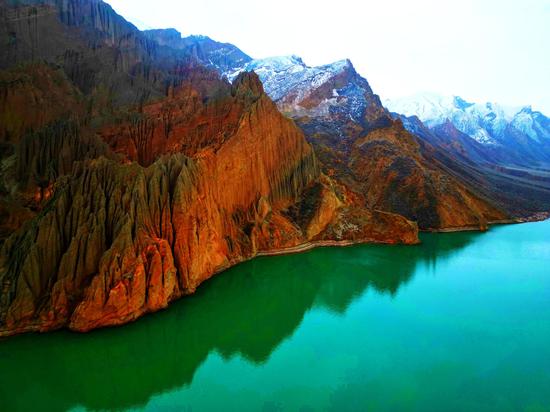




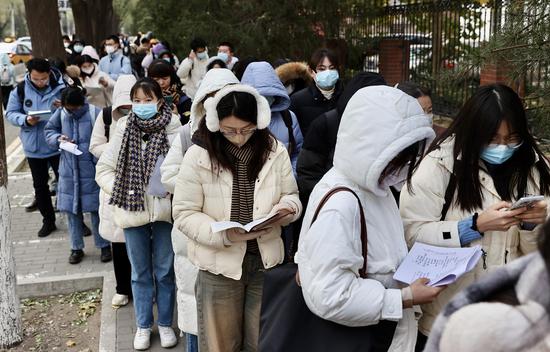


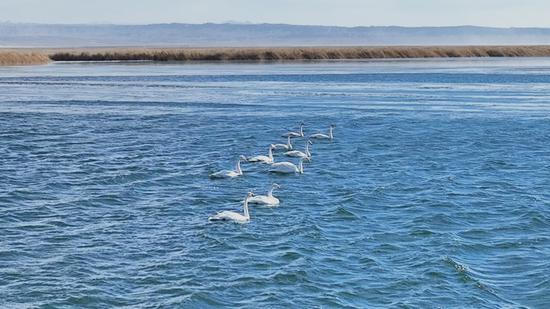


















 京公网安备 11010202009201号
京公网安备 11010202009201号